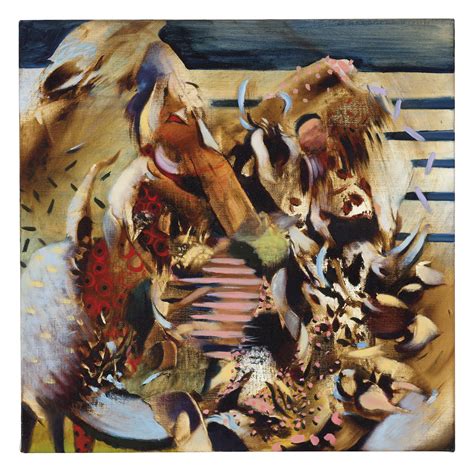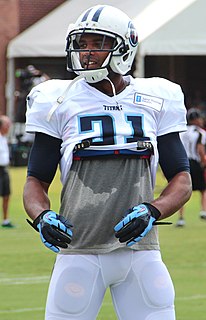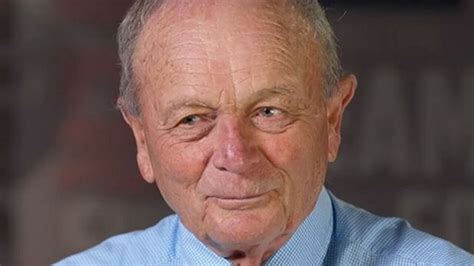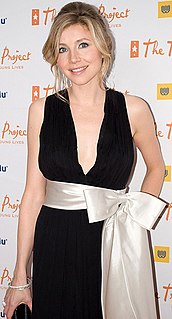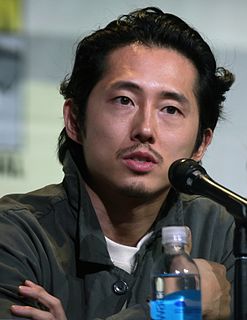A Quote by Suzanne Collins
I think people respond to dystopian stories because they're ways of acting out anxieties that we have and fears that we have about the future. So much media's coming at you over the Internet, your brain gets overloaded. You don't know what to do with it. And one thing you can do with it is read a story.
Related Quotes
Think about the way you go surfing on the Internet - you go from one thing to another. You can't really concentrate. I can't sit and read 10 pages on my computer. You'll read and then all of a sudden part of your brain is like, "What about that? ...You're not reading the whole book. You're reading fragments. Even though I think it's bad, I think it's interesting too, because that's the way my brain works.
Anybody who is a professional athlete who has a social media account on any of the networks, when they sign up for that account, they subject themselves to all of the criticisms and all of the praises that may or may not be out there. So you can't get on social media and complain about the people because that's what you know you're dealing with. You have to hear it. You don't have to respond. Me personally, I don't respond to the negativity. It's gonna be there. I read it. It keeps me grounded.
In the thousands of stories I've collected over the years there are people who just want to know that their story matters, that their story isn't beyond hope. And people, no matter how broken a story I might read, I have always found at least a glimpse of God's hand still at work in each and every story. I have been powerfully reminded that God is in the junkyard business. He willingly walks into the messiest parts of our lives, gets his hands dirty, and begins building something beautiful out of that very thing which the world might overlook as worthless.
"So, why do I have so much fear in my life?" "Because you don't believe. You don't know that we love you. The person who lives by his fears will not find freedom in my love. I am not talking about rational fears regarding legitimate dangers, but imagined fears, and especially the projection of those into the future. To the degree that those fears have a place in your life, you neither believe that I am good not know deep in your heart that I love you. You sing about it, you talk about it, but you don't know it."
I know Donald's [Trump] trying very hard to plant doubts about it, but I hope the people out there understand: This election's really up to you. It's not about us so much as it is about you and your families and the kind of country and future you want. So I sure hope you will get out and vote as though your future depended on it, because I think it does.
I think blogging and the ability to instantaneously respond to news items has changed the way we approach all media. We're seeing people talking back to columnists, and going much further in the sexual realm than most papers, even alternative weeklies, will publish. I'm surprised more papers aren't having people do what you're doing with an online only column, and to be honest, I read almost all the media I do read online, and plenty of other people do, too, so I don't know what's stopping them.
The book is about zombies, in that it is the over-arching theme, but what's going on is the story of these people and how these survivors deal. I think that's so much more of an interesting story, and that's what really gets and hooks these readers into the book and the show. It's a mix of fans of drama, fans of AMC, fans of horror and fans of Frank [Darabont]. It's a lot of people just coming together and realizing a genre doesn't have to be fixed in one specific detail.

